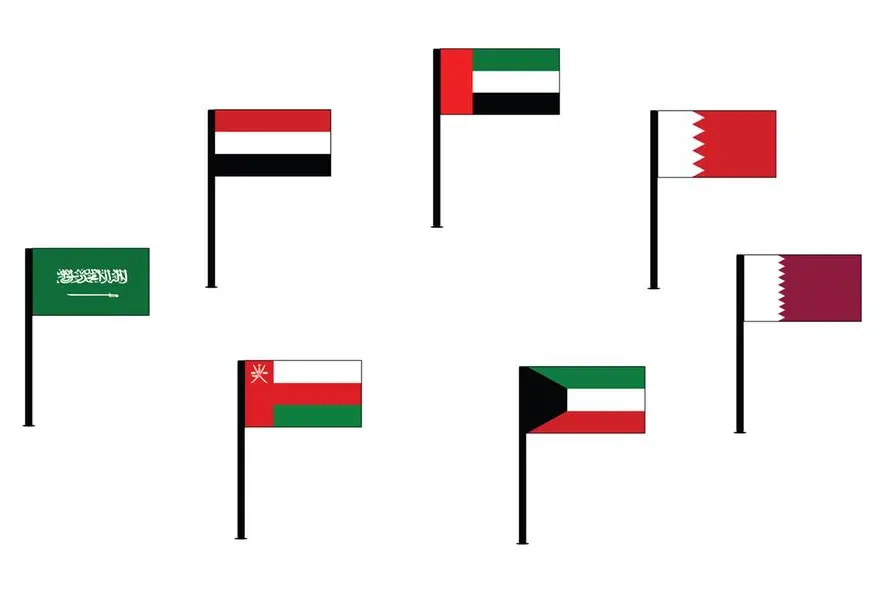PHOTO
Riyadh – In a push to enhance cooperation with India, Russia and Brazil, the Gulf Cooperation Council (GCC) countries held ministerial meetings for strategic dialogue in Riyadh, Saudi Arabia on Monday. The discussions took place alongside the 161st Ministerial Council meeting of the GCC.
The GCC meeting was chaired by Sheikh Mohammed bin Abdulrahman bin Jassim al Thani, Prime Minister and Minister of Foreign Affairs of Qatar, who currently presides over the Ministerial Council. Foreign ministers of all GCC countries were present, with Oman represented by H E Sayyid Badr al Busaidi.
During the GCC-Brazil meeting, the two sides discussed ways to expand cooperation in various fields, including politics, investment, security and culture. The latest regional and international developments of mutual interest were also reviewed.
The first GCC-India ministerial meeting focused on deepening strategic partnership between the two sides, particularly in economic, trade and investment sectors. Discussions highlighted opening new opportunities for cooperation to promote sustainable growth. Regional and international issues were also part of the agenda.
In talks with Russia, there was particular attention to the conflict in Ukraine and the ongoing Israeli-Palestinian crisis, while ways of enhancing bilateral relations were also discussed.
Deliberations centred on humanitarian relief efforts in Gaza and advancing the political process for a two-state solution for Palestine. The GCC appreciated Russia’s supportive stance on the Palestinian issue, which aligns with its own.
Russian Foreign Minister Sergey Lavrov emphasised the importance of strengthening ties with the GCC. “Promoting relations with the Gulf countries is a key priority for us, particularly in areas such as the economy, technology and trade,” Lavrov said. He added that the Gulf region remains central to Russia’s current international agenda.
India’s Foreign Minister Dr S Jaishankar described the meeting as a significant step towards charting a bold and far-reaching future for India-GCC relations. “The relationship between India and the GCC is deeply rooted in shared history, culture and values.”
Jaishankar highlighted the fact that the partnership – built on trust and mutual respect – has grown to cover areas such as energy, defence, technology and education. He further pointed out that the relationship goes beyond mere transactions. “It aims to foster progress in a world marked by technological change, shifting geopolitics, global economic shifts and the urgent need for environmental sustainability.”
He praised efforts for the welfare and comfort of the 9mn strong Indian community in the GCC who serve as “the bedrock of our friendship”.
© Apex Press and Publishing Provided by SyndiGate Media Inc. (Syndigate.info).





















